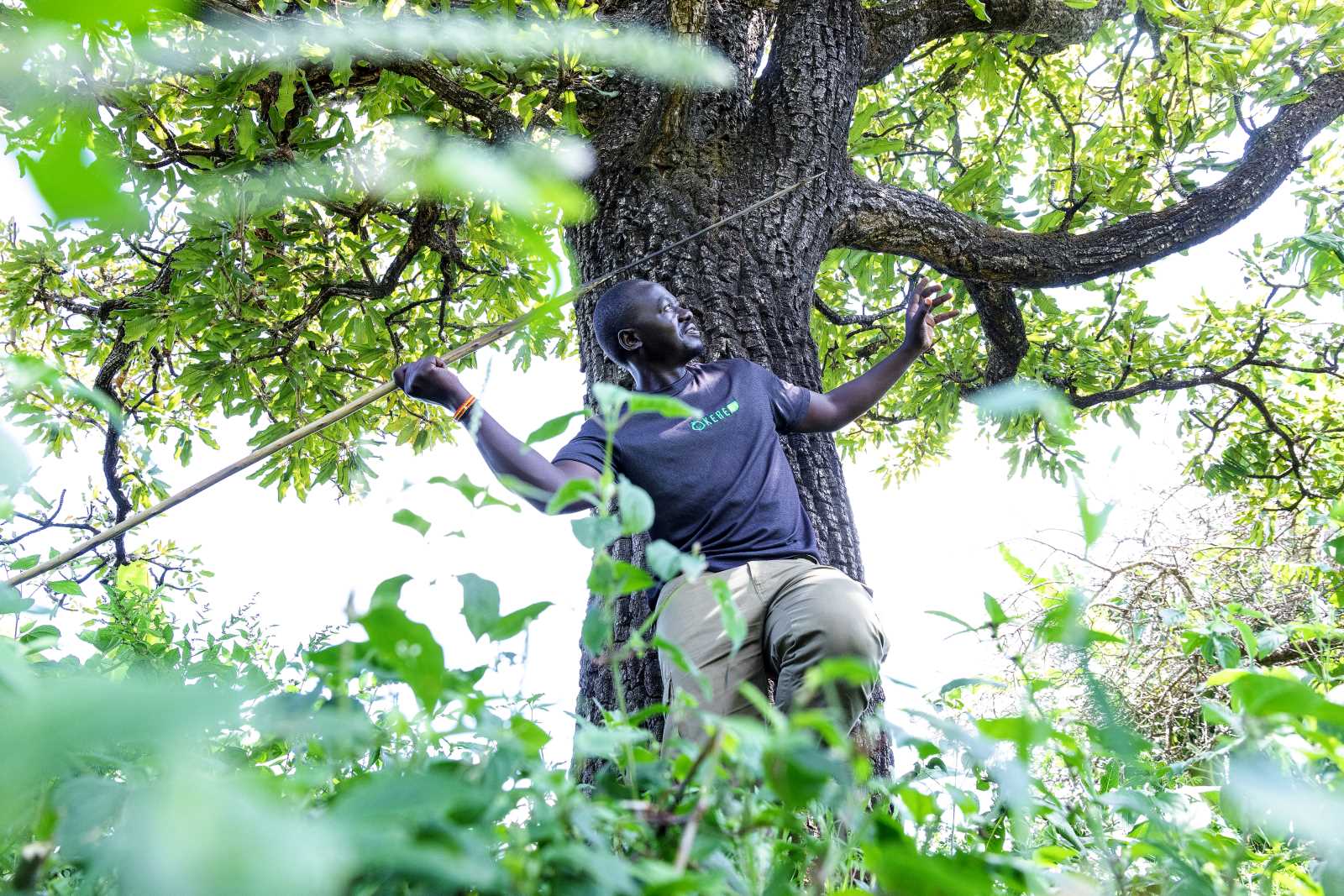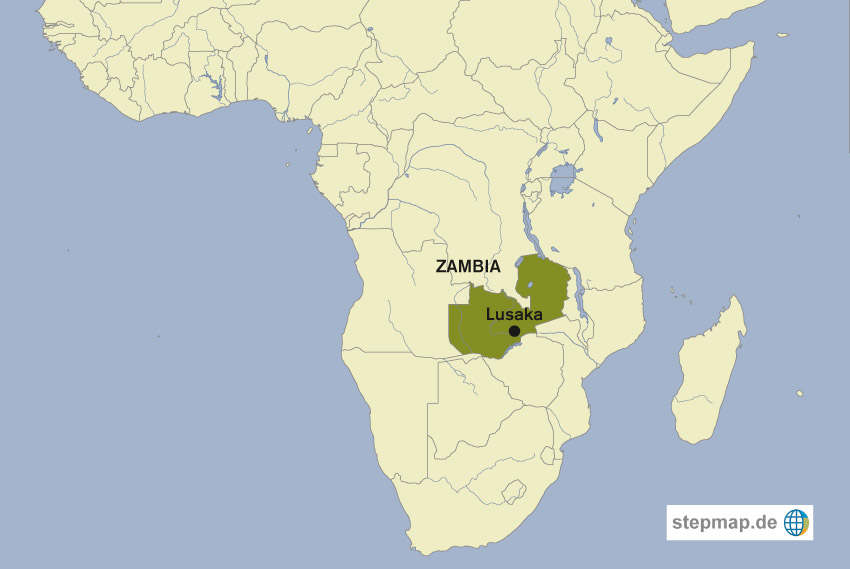Vocational training
Front-face customer care

What difference does vocational training make?
It is important in any industry. Staff must understand the product, deliver good services and keep their skills up to date. Citi Hoppa moves human beings around in machines. We must keep them safe, so we need competent drivers, who know how to navigate difficult road conditions and competently interact with other traffic participants ...
... without appropriate training, they will probably try to drive as fast as possible.
Yes, impatience is the character of youth, which is why we don’t employ anyone under the age of 32 as a driver. Understanding the difference between transporting goods and people is essential. It is not just about using different kinds of vehicles and getting from A to B. Comfort matters very much, which is why conductors are just as important as drivers. They do not merely sell tickets. They usher in the passengers and take care of them.
How does vocational training change staff psychology?
Building self-esteem and self-confidence is actually a major part of the training. Our industry is semi-informal in Kenya. It is generally thought to only offer jobs of last opportunity. When they start working for us, people’s self-esteem is very low. If they do not value themselves, however, they will not value others, so one of our tasks is to show them that they are indeed valued members of society. Doing that actually involves some rather personal matters, such as what clothes to wear or handling their money responsibly. Typically, they do not have much formal education and many come from rural areas, so they have to adopt to urban norms. Life is very difficult for them, and they only rarely get an opportunity.
Is the situation the same for young women, or are they basically expected to marry early and raise children?
Yes, I’m afraid that is what awaits the majority of economically marginalised young girls. It makes the outlook even darker that they are unlikely to find a prosperous husband. Without an education, young women struggle to get good jobs.
Do you focus on hiring women?
We are definitely an equal-opportunity employer. After all, I am a woman myself. That said, the circumstances are not family-friendly. Our shifts either start very early in the morning or end very late at night. Mothers who must take care of small children find it hard to cope with that kind of schedules. In our country, however, most of them have some kind of help: grandmothers and other relatives step in. If mothers earn money, moreover, they can pay babysitters.
Do you have female drivers?
Yes, we do, but so far, there are only two. It is far more common for women to work as conductors. We have recently introduced a new premium brand. We call it Citi Hoppa Next. On these buses, we rely exclusively on female conductors. We have thus created a special space for female employment. The passengers actually appreciate it, because women make them feel safe because of women’s generally more nurturing outlook. Now we could have a long debate on why that is so, but for our purposes, it is more important to acknowledge that it is so.
Are you trying to hire more female drivers?
Well, we are not deliberately searching for them, but if we have a job opening and a woman applies, we will certainly consider her favourably. Of course, we also employ women as accountants and other office jobs.
How do you provide vocational training?
Well, the state of vocational training in Kenya is not very good. To improve things, the government has introduced technical-training schools with curricula for plumbers or electricians, for example. That policy is beginning to deliver results, but there is no school for public transport so far. We actually started our own training facility in 2004, where we basically teach people how to work as drivers and conductors. We also convey some mechanical skills et cetera. The most important thing, however, is front-face customer care. Our drivers are typically former conductors who have a better understanding of what is needed than former truck drivers. Our approach is actually quite successful, so other transport companies have been poaching our staff. Some of those companies have also become involved in our training facility, which is good. Ultimately, however, I think the government should set up a meaningful vocational-training programme for our industry.
As a woman in a position of top leadership, do you consider yourself a role model?
No, that is not how I see myself. I am a woman, who has had opportunities and was able to grasp them. In return, I hope to provide others, and in particular women, with opportunities.
Judy Thuo is the chief executive of Citi Hoppa, a bus company in Nairobi. It focuses on safety and passenger comfort. Because of its contribution to making urban development more sustainable, it has received loans from DEG, the German development finance institution.
info@citihoppa.co.ke













